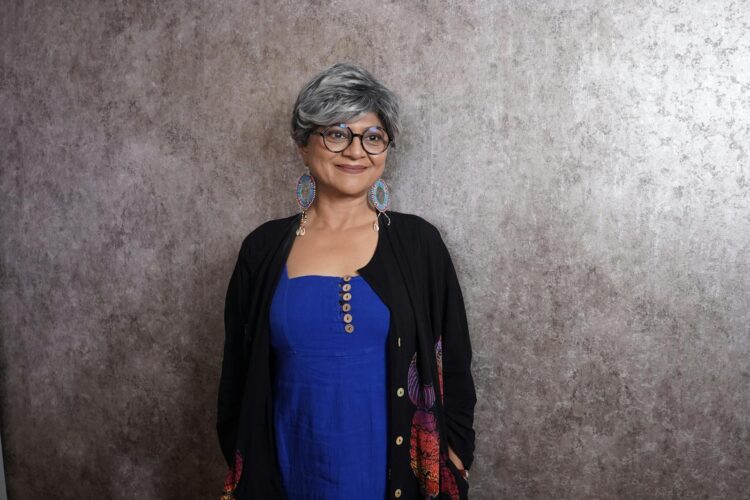
Marriage isn’t just vows and routines—it’s growth, silence, love, resentment, resilience, and rediscovery. After years or even decades in a partnership, many women come to understand truths that are harder to accept—but impossible to ignore. These realizations don’t always signal the end. Sometimes, they mark the beginning of a different kind of self-awareness.
Love and Compatibility Aren’t Always the Same Thing

You can love someone deeply and still feel disconnected. Over time, personalities, needs, and values can drift apart—even if the affection remains. Many women realize that love doesn’t always mean harmony and emotional mismatches can silently grow even in the most loyal marriages. It’s a painful, private truth: love alone may not be enough to keep two people aligned.
Silence Can Hurt More Than Arguments

Many women discover that the absence of conversation—especially about hard things—cuts deeper than conflict ever did. Years of brushing things under the rug create a distance that feels impossible to cross. When the talking stops, intimacy begins to fade. Silence can turn into a wall, not a refuge, and that realization often comes too quietly to fix.
You Can Lose Yourself While Trying to Keep the Peace

For the sake of harmony, many women mute their opinions, dreams, or needs. Over time, this self-silencing becomes automatic. One day, they realize they’ve shaped themselves around someone else’s comfort. It doesn’t happen all at once—but decades later, some women wake up unsure of who they really are anymore, beyond being someone’s wife.
Marriage Doesn’t Always Mean Emotional Intimacy

Being physically present and emotionally connected are two very different things. You can share a home, raise children, and sleep beside someone for years, and still feel unknown. Many women realize they’ve built a life with someone who stopped asking questions long ago. Loneliness in marriage isn’t loud. It’s quiet, constant, and difficult to name.
You Can Be “Taken for Granted” Without Malice

It’s not always neglect—it’s often routine. You give and give, and eventually your efforts blend into the background. You become “the reliable one.” The invisible glue. But just because your partner doesn’t mean to take you for granted doesn’t make it hurt less. You want to be appreciated, not just expected. And that need rarely fades with time.
Being Needed Isn’t the Same as Being Valued

Many women spend years being the caretaker, organizer, or emotional anchor in their marriage. But at some point, they realize their role has become functional, not emotional. They’re essential, but not cherished. Needed, but not prioritized. That realization stings because it reveals a lack of balance in the love they’ve given—and the love they’ve received.
Change Doesn’t Always Happen—Even When You Ask for It

You can communicate clearly, cry honestly, or even threaten to leave—and still, nothing changes. Some partners hear but don’t act. Others don’t hear at all. After years of trying, many women face a hard truth: asking for more doesn’t guarantee receiving it. Hope may last, but so does exhaustion. And eventually, one outlasts the other.
You Can Outgrow a Marriage That Still Technically Works

Not all marriages end in crisis. Some just plateau. The bills are paid, the birthdays remembered—but the connection? Gone quiet. Many women realize they’re emotionally evolving, while the relationship is standing still. It’s not broken—it just no longer fits. And that’s harder to leave than something clearly damaged.
You Don’t Always Feel Known—Even After a Lifetime Together

You may share decades of memories, but not necessarily mutual understanding. A partner can know your routines without knowing your inner world. Some women wake up to the fact that their depth has gone unseen—and not because they were hiding, but because no one ever really looked.
It’s Possible to Love Someone and Still Long for Something More

This is perhaps the hardest one: you can feel loyalty, history, and genuine affection—and still feel like something’s missing. It doesn’t mean you want someone else. It means you want a fuller version of connection, one that goes beyond roles and routines. Wanting more doesn’t make you ungrateful. It makes you honest.
Marriage Doesn’t Always Make You Feel Less Alone

In fact, many women report the most profound loneliness from within their marriage. There’s something deeply painful about being misunderstood or emotionally ignored by someone who’s supposed to know you best. That kind of isolation doesn’t always come from distance—it comes from daily disconnection.
You Can Give Everything—and Still Not Feel Chosen

You can do all the work—hold the calendar, manage the house, support the family—and still feel like an afterthought. Love isn’t always about effort; it’s about recognition. Many women realize they’ve invested fully but still feel like they’ve never been placed first—not in actions, not in priority, not in presence.
It’s Okay to Want Something New—Even After All This Time

Desire for change doesn’t mean failure. After decades of shaping your life around someone else’s needs, you might long to reshape it around your own. That realization often comes with guilt, but also with clarity. Growth doesn’t stop after marriage. And wanting a different kind of life is valid, even if it surprises everyone else.
The Life You Built May Not Be the Life You Need Anymore

What once felt like a dream might now feel like a trap—or just too small. You may realize the home, habits, or identity you built in your 30s no longer fits who you are now. And letting go of that structure isn’t a betrayal—it’s rebirth. The life that once served you doesn’t have to be your forever.
You Can Forgive the Past and Still Choose Yourself Now

Forgiveness doesn’t require staying. Some women carry resentment for years, waiting for an apology that never comes. But one day, they realize they don’t need closure—they need clarity. You can release the past, honor the years, and still decide your next chapter belongs to you. Choosing yourself is not a rejection of love. It’s a return to it.

